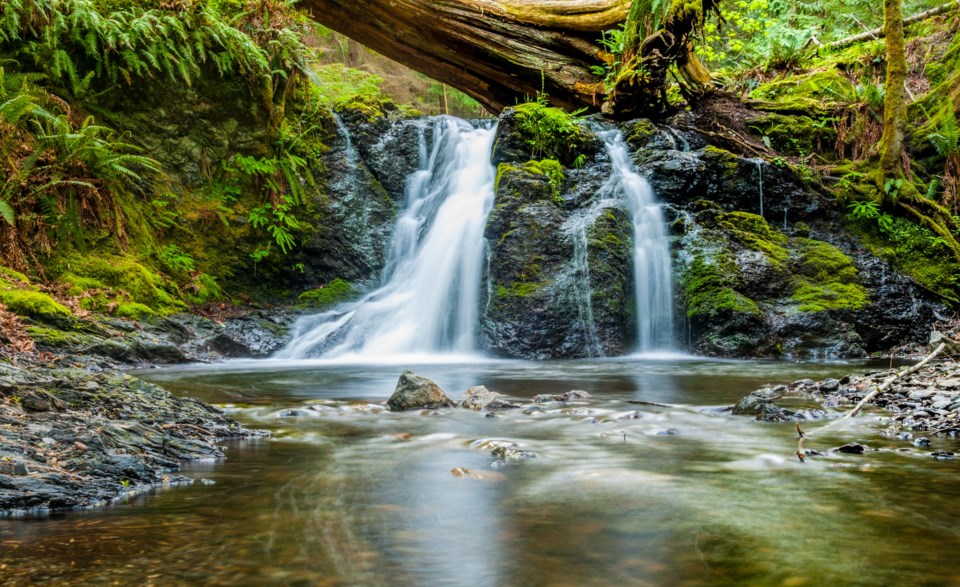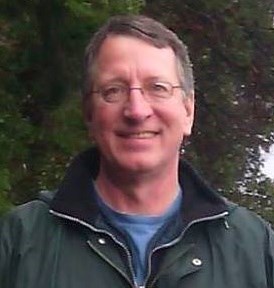 I believe every generation attempts to respond to Love’s call, each blessed with individual and collective opportunities to grow more light in the world. Many faiths teach that as humanity’s only task.
I believe every generation attempts to respond to Love’s call, each blessed with individual and collective opportunities to grow more light in the world. Many faiths teach that as humanity’s only task.
“Is it true, is it kind, does it serve the cause of love?” are questions we are called to ask ourselves along Love’s Way. We are not, however, always or even often the best adjudicators of our own acts in the cause of Love.
Perhaps the best way to see one’s own actions, one’s own community is by first looking deeply into another’s, then looking back. Sometimes too embedded in what we’ve always known to see what we’ve always done, we cannot always see the forest for the trees, unless given the perspective of another’s forest.
I was given the gift of another perspective during a trip I made to the Holy Land in November.
The Epiphanies continue to unfurl.
One seems particularly pertinent now.
You can have it for yourself if you like.
I visited a settlement called Efrat, if you google it you’ll see the sign on the Palestinian hills nearby: “Little America”.
It is, in every way it could be, a slice of America, or Canada, or some modern European subdivision, transplanted to Palestine’s West Bank. Red tile roofs, lawns lush and green. A small business district, outlet stores, coffee shops. Modern highway connecting it to jobs and larger shops in Jerusalem. An enclave of America atop a Palestinian hill.
We visited Galilee too. Saw hugely reduced water levels and heard the government of Israel supplies water from Palestine to everyone in Palestine. Settlements and Israeli industry taking priority. Its easy to see why.
Settlements occupy the land. Not integrated with the environment surrounding them, they attempt to dominate and subvert the dry hills of Palestine. To subdue the arid country-side with engineered water works and rapid transportation routes. New techniques supporting ideas as old as the Roman ruins strewn about the landscape, cannot change the settlement’s dependency on outside resources for power, water and employment. Where Palestine is self-sufficient, settlements cannot survive without an unsustainable draw on the land’s resources.
Palestinian villages (whatever their faith) have been integrated with their environment for more than 12,000 years. Marked by farmed and terraced hillsides, flat roofed mud/cement homes, thick walled against the heat, adorned with cisterns saving water for future use, they are shaped by and adaptive to land and environment.
Coming home I was almost immediately struck by the parallels.
Our communities do not live in harmony. We have imposed a European system on an indigenous landscape and called it good. Urban centres with little connection to the earth dry up her resources, dumping hazardous waste in land, air, and sea.
Ignoring the warnings of the peoples who’ve lived here for thousands of years we are determined to continue. We choke the air, despoil the earth and imperil the seas.
As the planet sickens around us, we protest our dedication to love. Forgetting we are one of the relations existing symbiotically with the Creator’s world, seeing ourselves as masters of destiny, architects of fate, terraforming gods. We tinker with the building blocks of life on all levels, our highest cause being our own aims, ambitions, desires and wants. Everything and everyone else taking a distant second place.
Is it truly necessary? Will it be kind to our relations? Does it bring more love?
In forgetting the questions, we have lost our Way. Let us hope that folk, indigenous to the land, can help us find it again, and that it is not too late.
 Keith Simmonds is in ministry at Duncan United Church, where folk are engaged in seeking justice, loving kindness and walking humbly with the Creator. He blogs at keithsimmonds.ca.
Keith Simmonds is in ministry at Duncan United Church, where folk are engaged in seeking justice, loving kindness and walking humbly with the Creator. He blogs at keithsimmonds.ca.
You can read more articles on our interfaith blog, Spiritually Speaking, HERE
Photo of waterfall by WestBoundary Photography chris gill on Unsplash


